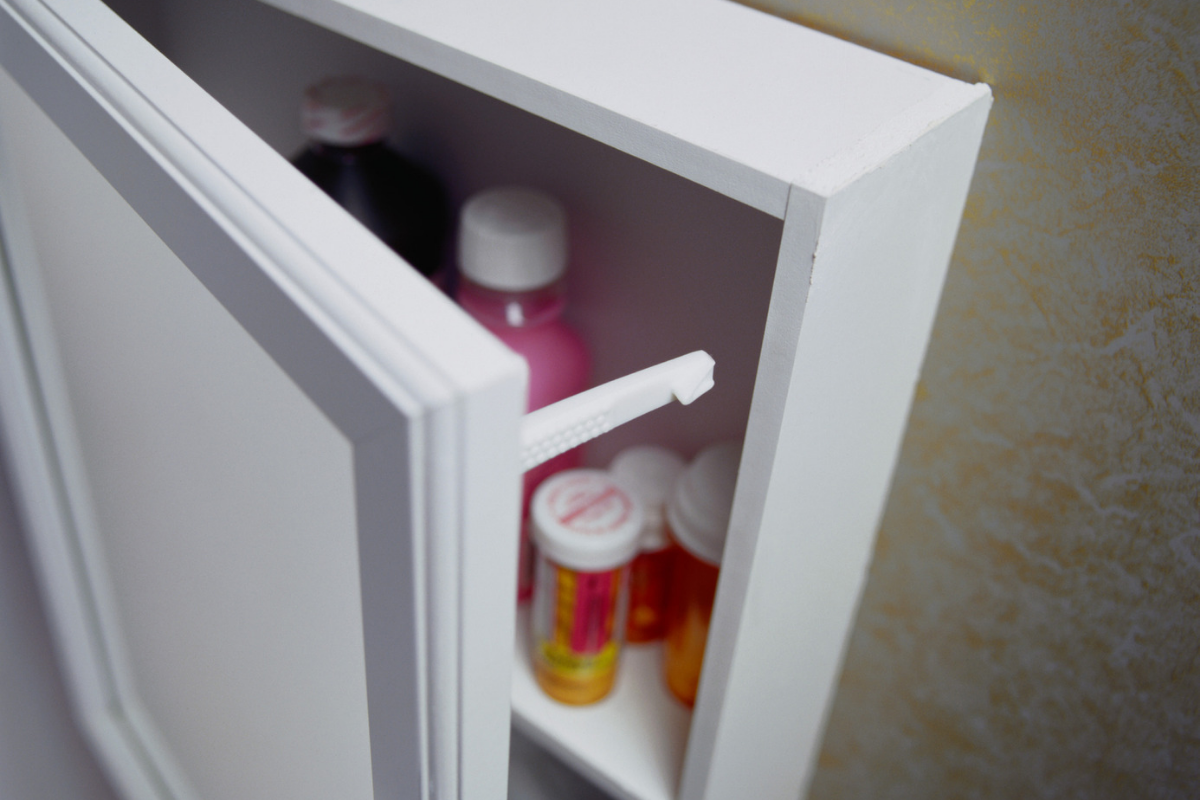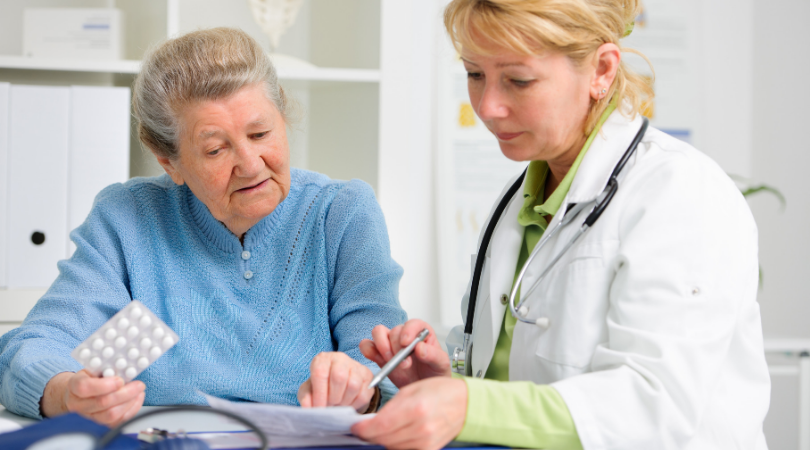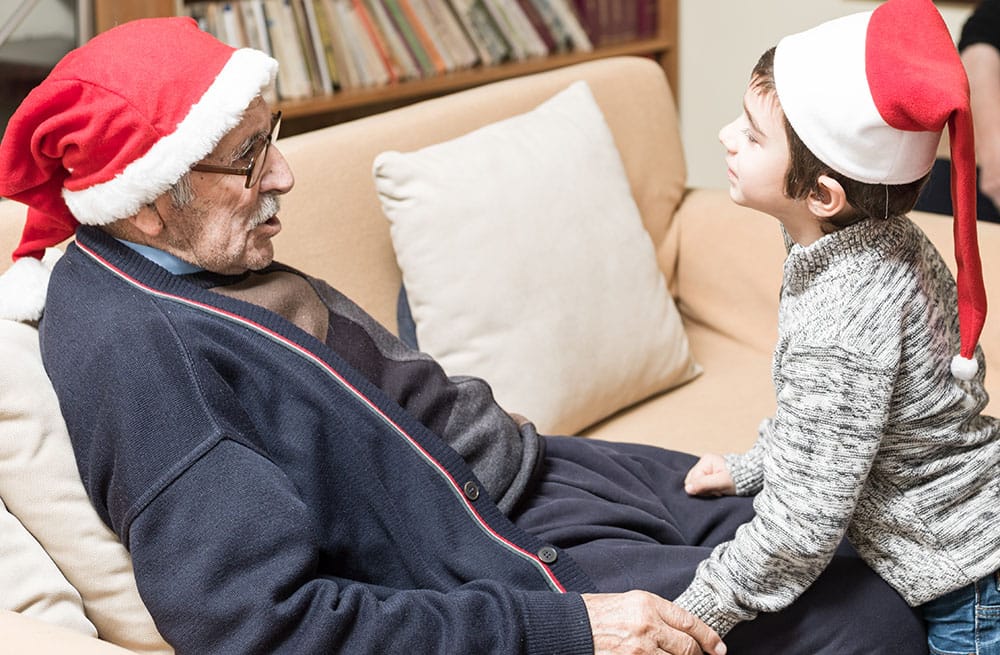Lock Your Meds Day is More Important than Ever

Prescription medication is a powerful tool to fight infection, pain, depression, and other signs and symptoms of illness. Taken properly, they can dramatically improve quality of life. Taken improperly, they can lead to addiction, dangerous side effects and even death.
October 23rd is Lock Your Meds Day, a national campaign sponsored by National Family Partnership. The goal of this campaign is to reduce prescription drug abuse by raising awareness that individuals with prescription medicine in their homes can become unwitting suppliers to younger people in their households and those who already have issues with illegal drug use.
Lock Your Meds
According to the National Institute for Drug Abuse, over 24 million Americans over the age of 12 have used an illicit drug in the past month. It is vitally important that prescription medications are not used by anyone other than the person they were prescribed to. Not only does it put the unauthorized user at risk, siphoning off medication can leave the intended recipient in peril.
Families can protect themselves by storing medication in a lockbox that can only be accessed by authorized users and caregivers. In addition, medication should be inventoried and checked regularly to ensure that dosages are being followed correctly and that nothing has gone missing.
National Family Partnership recommends that families take the Lock Your Meds Pledge, promising to:
- Secure medication to prevent children and guests from accessing it.
- Take regular inventory of medicine to make sure nothing is missing.
- Safely dispose of unused or expired medication.
- Teach children the difference between helpful medicine and harmful drugs – and to only take medicine that is prescribed by a doctor and given by a parent or caregiver.
- Spread the word and encourage family and friends to take a stand against prescription drug abuse.

Safe Disposal of Medication
Once a medication is no longer in use, it is important that it be disposed of according to state and local laws. Patients and families receiving hospice or palliative care should speak with a member of their care team about the best method of safe disposal of medications that are old, expired, unwanted or unused. They will ensure the medications are disposed of according to agency regulations.
Prescription drugs should never be flushed down the toilet unless the label specifically instructs you to do so. The U.S Food & Drug Administration (FDA) provides a list of medications that can be safely flushed.
For other medications, the best option is to take advantage of a local drug take-back program. You can find links to a take-back program near you on the FDA website. If a take-back program is not available in your area, contact your city or county government about the specific regulations in your area.
If a collection program is not available, remove the medication from its container and mix the drugs into cat litter or another undesirable material. Pour this mixture into a disposable bag or container and place it in the trash. Empty pill bottles should have all personal information removed or covered in marker or duct tape before they thrown away to protect patient privacy.
Taking these steps to properly store and dispose of prescription medication is an important step in protecting families and communities while ensuring the people who need them continue to have access to them.
Crossroads Hospice & Palliative Care provides care to patients facing serious and terminal illnesses. Please call 1-888-564-3405 to learn more about our services.
If you found this information helpful, please share it with your network and community.
Copyright © 2019 Crossroads Hospice & Palliative Care. All rights reserved.



